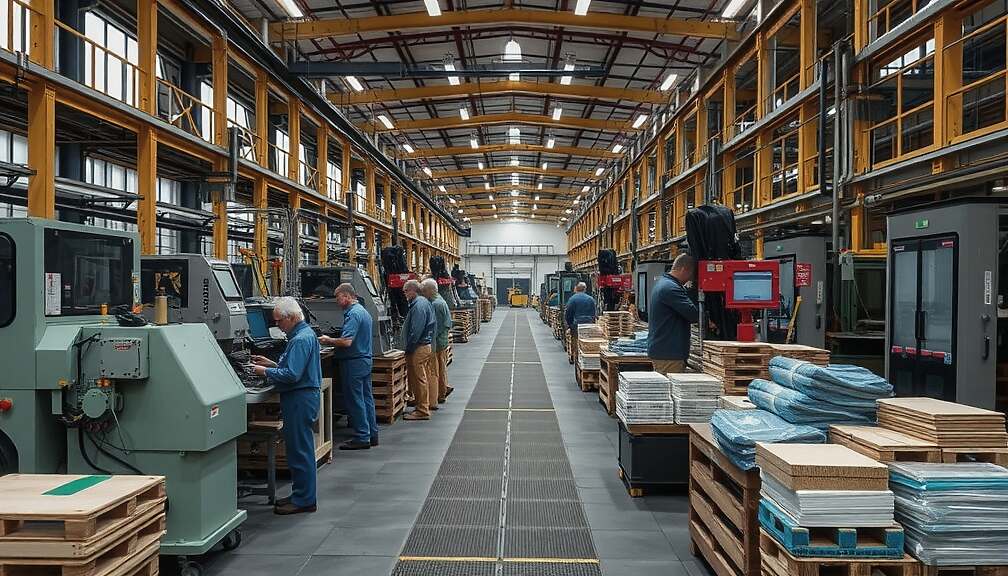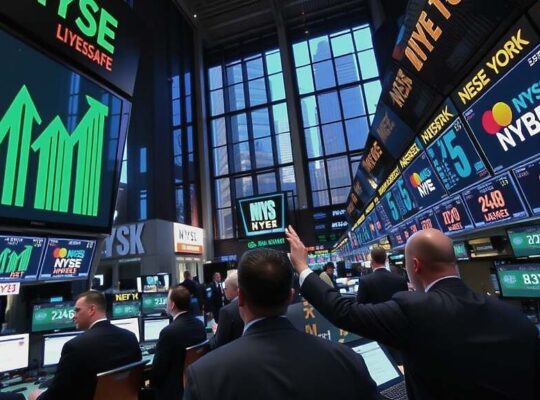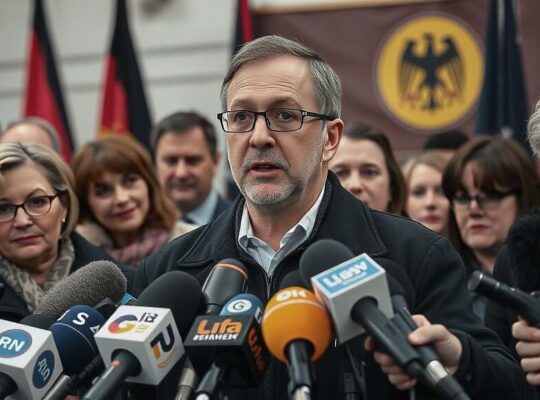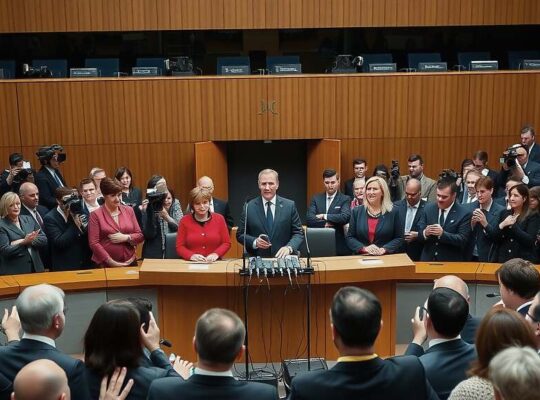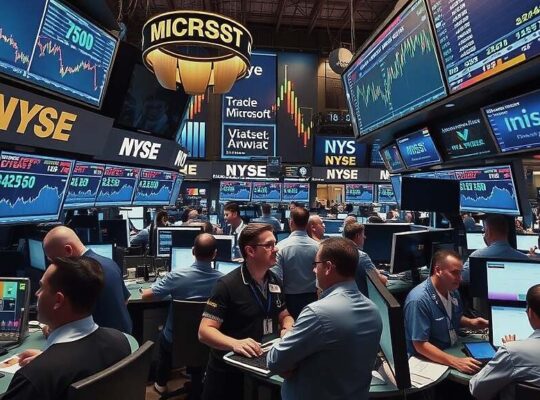Supply chain disruptions are resurfacing within Germany’s critical electronics and optics manufacturing sectors, raising concerns about the broader economic outlook. A recent survey conducted by the Ifo Institute reveals a significant uptick in material shortages, with 10.4% of companies in these industries reporting supply bottlenecks in October. This marks a substantial increase from 7.0% in July and a mere 3.8% in April, signaling a concerning reversal of earlier improvements.
The resurgence is being directly attributed to increasingly stringent controls and trade restrictions surrounding rare earth elements, vital components in a wide range of electronic devices and optical technologies. Klaus Wohlrabe, head of Ifo surveys, cautioned that the situation poses a tangible threat to economic growth if the trend persists and intensifies. While overall industry supply problems remain below historical averages, with only 5.5% of firms reporting issues (down slightly from 5.8% in July), the concentrated problems within electronics and optics demand close scrutiny.
The situation is particularly worrying given the comparatively low levels of supply chain distress previously observed. The peak of industrial material shortages occurred in December 2021, a period of extreme disruption, with a staggering 81.9% of companies experiencing difficulties. While current figures remain far below that extreme, the current increase highlights a vulnerability that risks undermining Germany’s industrial competitiveness.
The data also reveals emerging headwinds for related sectors. Electrical equipment manufacturers are now experiencing supply gaps affecting 10.0% of companies, while the mechanical engineering sector has seen its proportion of firms struggling with input shortages rise from 4.6% to 6.3%. This concentrated vulnerability raises questions regarding the effectiveness of current policies designed to secure vital supply chains and prompts a re-evaluation of Germany’s dependence on specific foreign sources for critical materials. The emerging trend signals a potential shift in the manufacturing climate that could necessitate proactive measures to mitigate future economic consequences.


